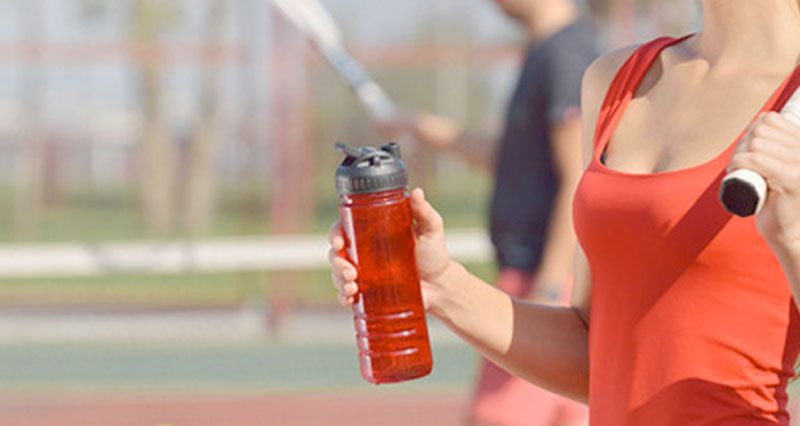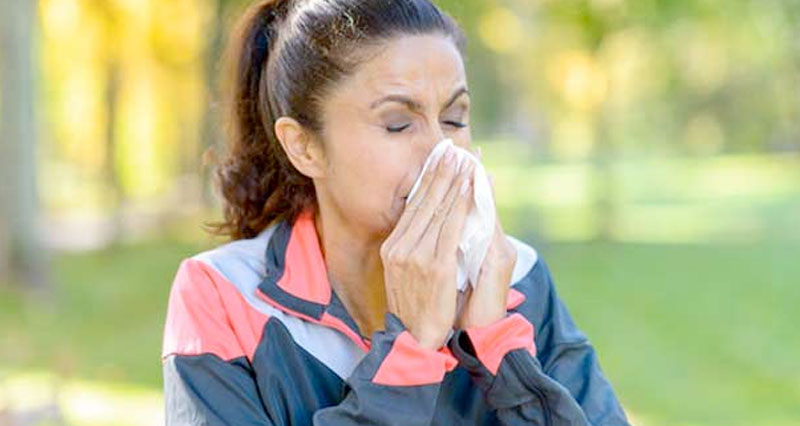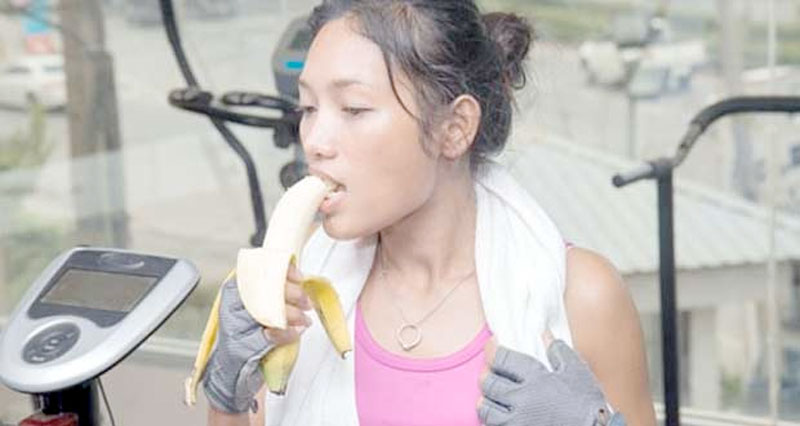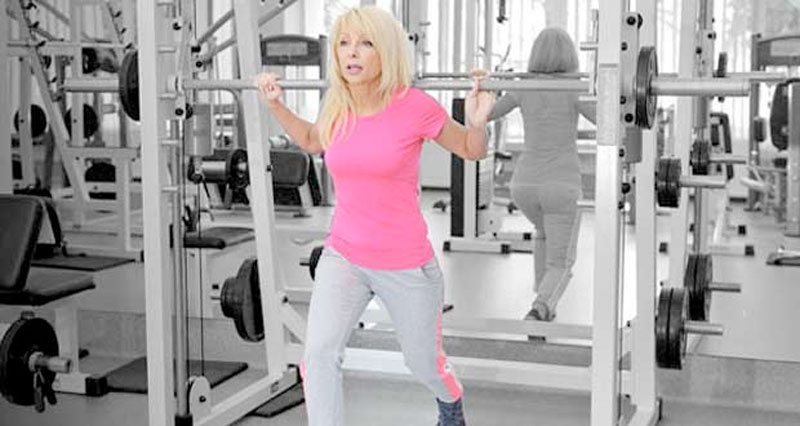Carbohydrate is essential in sport as an exercise fuel. How do you know if you are getting enough? Or are you worried too much might lead to weight gain? Here we explain when carbohydrate drinks might be needed and when best to take them.
Why is carbohydrate important?
- Having enough to supply the body is essential to be able to perform optimally and combat fatigue or tiredness, which could lead to injuries.
- Sources of carbohydrates can be found in solids and liquids. In some cases, we need to have more than just plain water to help us exercise, concentrate or perform optimally.
- Sports drinks, sports gels or juices can help us achieve this.
What type of exercise will I need carbohydrate drinks for?
The number of carbohydrates you need to take during exercise will depend on:
- The type of activity
- The level of intensity
- Your overall training regime
- Individual requirements.
If you are doing high-intensity exercise for longer than an hour then it is likely you will exhaust the readily available stores of energy stored in your muscles (glycogen). To enable you to keep going at a good performance level, you will need to replenish glycogen stores. This is where carbohydrate drinks come in.
When do we take Carbohydrate liquid for exercise?
- If there is not a short turnaround time between the exercise sessions there is no requirement to intake CHO as soon as possible after the activity is in liquid form.
- If the exercise sessions are less than 8 hours apart then intake of Carbohydrates as soon as possible will improve recovery. However, we can achieve this with solids such as fruit, yoghurt, rice, cereal, and potato.
- Simple CHO such as fruit, yoghurt, and syrup can be used for quick refuelling within the first 4 hours after a session.
- If the duration of exercise is longer than an hour then liquid-form carbohydrates can be taken to maintain blood glucose and improve endurance performance. This is particularly beneficial in daily tournaments or competitions.
- For 80-minute bouts of exercise or over both CHO gels and sports drinks maintain blood glucose levels during exercise and improve performance when compared to just pure water. TIP: Refuel at halftime or at breaks in play. If running for long endurance periods use gels and grab carbohydrate drinks at the organised stations.
- Liquid CHO should be used when required during an intermittent exercise activity to replenish glycogen stores and water at other times. Tip: Mix when Intermittent.
Meals and Snacking during exercise:
- High-intensity sports such as rugby, hockey, squash, and football of 45-75min duration require small amounts of CHO ingestion, including mouth rinsing, for enhancement of performance via the central nervous system. TIP: Mouth rinse for performance benefits with a sports isotonic drink.
- Should there be an increase in intensity or length of a particular session, then ingesting things such as jellybeans has been shown to positively affect performance. A little amount would suffice.
- During exercise, glycogen stores will become depleted and the quickest method to restore these levels is through the use of simple CHO. Simple carbohydrates are found naturally in foods such as fruits, milk, and milk products. They are also found in processed and refined sugars such as sugar, candy, syrups, and soft drinks. The use of these must be balanced against gastrointestinal comfort for the individual as the nutritional benefits may be offset by discomfort during exercise. Tip: Aware of stomach pains
What are the benefits of carbohydrate drinks?
If you are training at a level that would benefit from additional carbohydrate intake then taking a carbohydrate drink can:
- Optimize training so you get the maximum benefit from it.
- Improve overall performance.
- Help prevent overtraining.
- Enable faster recovery between training sessions.
What happens if I do not take enough carbohydrates?
The consequence of following a low CHO diet, even for 1-3 days whilst continuing to exercise, can include:
- Reduced resting muscle and liver glycogen (energy) stores.
- Reduced exercise capacity performance.
- Increased fatigue and risk of overtraining.
Carbohydrate drinks references
- Achten, J., Halson, S., Mosely, L., Rayson, M.P., Casey, A., & Jeukendrup, A.E. (2003. Effect of diet on symptoms of overreaching in runners during a period of intensified training. Medicine of Science in Sports and Exercise. 35(suppl.), S211.
- Burke, L, M. (2010). Fueling strategies to optimize performance: training high or training low? Canadian Journal of Medicine and Science in Sports. 20 (suppl. 2), 48-58.
- Burke, L, M., Hawley, J.A., Wong, S.H., & Jeukendrup, A.E. (2011). Carbohydrates for training and competition. Journal of Sports Science. 29 (Suppl.), S17-27.
- Burke, L.M., Kiens, B., & Ivy, J.L. (2004). Carbohydrates and fat for training and recovery. Journal of Sports Science. 22, 15-30.
- Campbell, C., Prince, D., Braun, M., Applegate, E., & Casazza, G.A. (2008). Carbohydrate-supplement form and exercise performance. International Journal of Sports Nutrition and Exercise Metabolism. 18, 179-190.
- Foskett, A., Williams, C., Boobis, l., & Tsintzas, K. (2008). Carbohydrate availability and muscle energy metabolism during intermittent running. Medicine and Science in Sports and Exercise. 40(1), 96-103.
- Jeukendrup, A.E. (2008). Carbohydrate feeding during exercise. European Journal of Sports Science. 8(2), 77-86.
- Roberts, S.P., Stokes, K.A., Trewartha, G., Doyle, J., Hogben, P., & Thompson, D. (2010). Effects of carbohydrate and caffeine ingestion on performance during a rugby union simulation protocol. Journal of Sports Science. 28(8), 833-842.
- Schroder, S., Fischer, A., Vock, C., Bohme, M., Schmelzer, C., Dopner, M., Hulsmann, O., Doring, F. (2008). Nutrition concepts for elite distance runners based on macronutrient and energy expenditure. Journal of Athletic Training. 43(5), 489-504.



